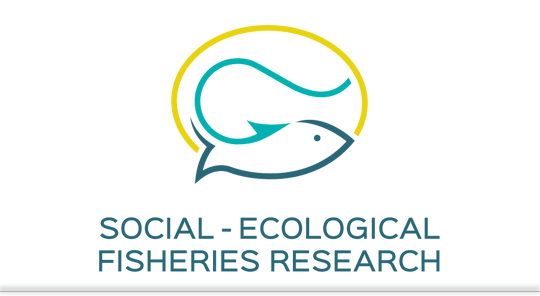Two views dealing with fish welfare in recreational fishing are discussed in an effort to stimulate the current discourse on the topic. The pragmatic approach asks whether and how strongly recreational fishing compromises the health and fitness of individual fishes and what can be done to avoid ormitigate such effects. Its implementation rests on accepting recreational fishing as a principally legitimate activity. The second approach to fish welfare focuses on suffering and pain in fishes and is usually morally prescriptive. Its central tenet is that some or all recreational fishing practices may be unacceptable unless sufficient benefits to humans are created, which justify the supposedly cruel treatment of the fishes. The pragmatic approach to fish welfare is preferred because it relies on objectively measurable variables of impaired fish welfare (e.g. physiological, behavioural or fitness indicators) and does not question recreational fishing on moral grounds. Contrary to a suffering-centred approach to fish welfare, a pragmatic perspective emphasizes positive messages and facilitates constructive dialogue among stakeholders. In contrast, a suffering-centred approach to fish welfare tends to promote tension and enduring conflict that cannot be reconciled objectively and thus should be avoided.
Contrasting pragmatic and suffering-centred approaches to fish welfare in recreational angling
Peer-reviewed

Arlinghaus, R., Schwab, A., Cooke, S. J., Cowx, I. G. (2009). Contrasting pragmatic and suffering-centred approaches to fish welfare in recreational angling. Journal of Fish Biology, 75, 2448–2463
Published
: 2009
Appeared in
: Journal of Fish Biology, 75, 2448–2463
